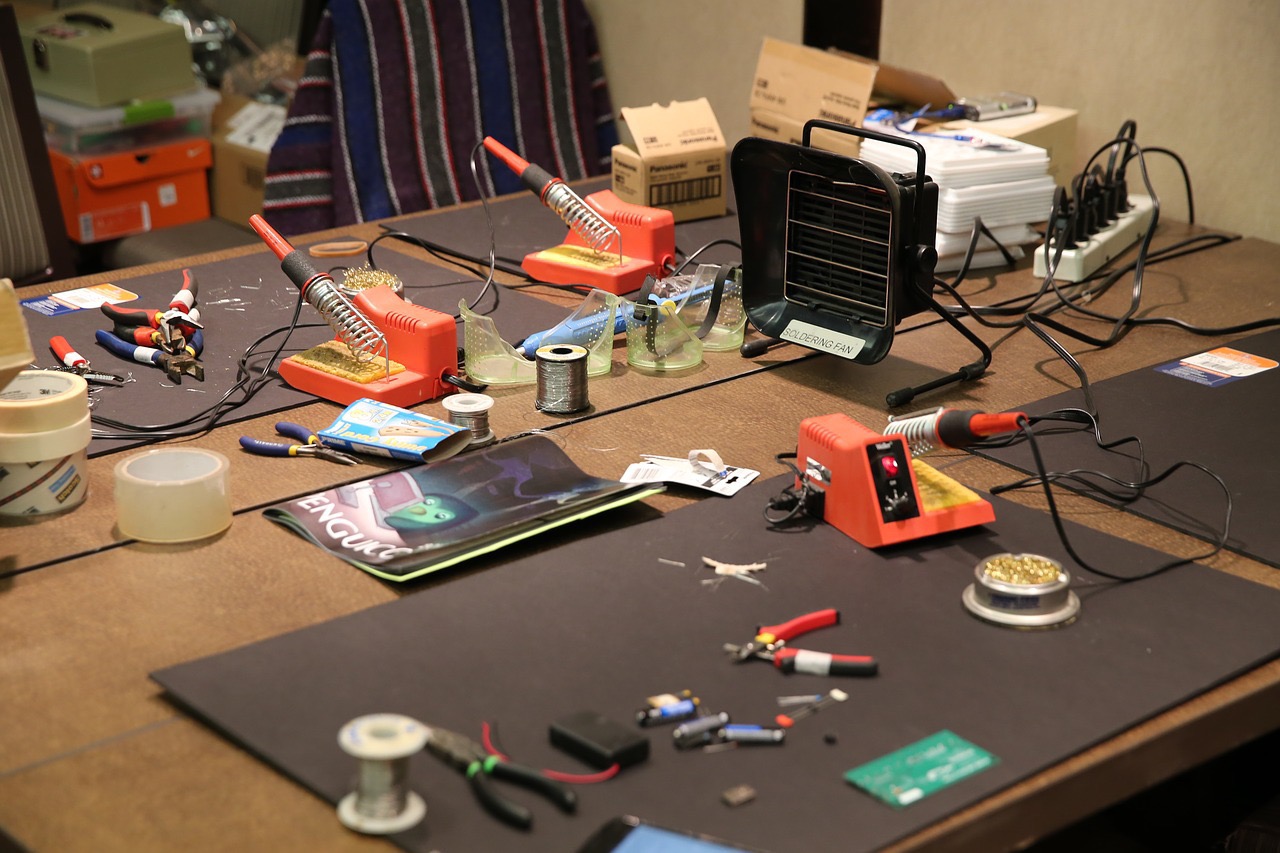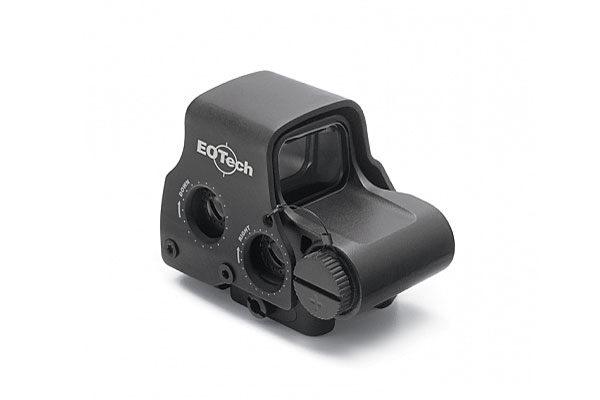
Notice how this script with a podcast script written for co-hosts leave space for each person to enter smoothly, and how each is given enough speaking time to make a point without crowding out the other person.Your podcast studio is your home base. First, the court has to re-explain the charges…”

Mike: “It’s tough to say, but I would expect at least three hours. How long would you say deliberation usually takes in a case like this?” Jim: “…and that’s when the judge sends the jury to deliberate. Questions are the easiest way to do this, sort of like you’re interviewing each other. You’ll want to script and note who will take care of the basic podcast segments of the episode too, like your show’s introduction and CTAs.įinally, add scripted transitions to your outlines. Then tag each line item with someone’s name so you distribute the talking smoothly. Map out your episode with a basic outline (like you would for a solo show) and add supporting points, data, and anecdotes under each heading. Transitioning abruptly from one point to another.Talking so long people forget your co-host is on the show.Making the same argument your co-host made a moment ago.(“This is important and I want to mention it before you move on.”) Some organization beforehand will help you avoid some classic co-host mistakes, such as… You’ll want to script some things, but leave other areas of your episode open for organic conversation. When you work with a co-host, it’s best to use a hybrid approach. Send them to your guest a few days before the recording so they have some time to prepare their thoughts. Essentially, the more comfortable the guest, the more conversational the interview so you create an amazing episode.Ĭreate a list of questions and topics that you hope to address on your show.

Providing a list of questions and comments before the show allows them to prepare the thoughts and anecdotes they want to share during the recording. Second, your guest likely has less podcast experience than you, so they’re not as comfortable thinking on their feet. Not only does this leave you looking unprofessional, but you’ll also end up with a partial episode. If you cut the session short because you’re unprepared, your guest may not arrange another time to record. As the host, it’s important to know exactly what you’ll ask your guest for two main reasons.ĭetailing a list of questions and main talking points will stimulate conversation, helping you avoid running out of things to say. Interview-style podcast episodes generally require more podcast script preparation compared to other formats for both you and the interviewee. Customize it to fit the needs of your show and your preferences. Obviously your podcast script doesn’t have to mirror that outline. In the case of an interview podcast, replace each topic with a question for your guest. Notice how it includes all of the important segments we listed above. Here’s a sample of a podcast script template. It will also help you prepare transitions and get everything in within the allotted time.

This outline will create a guide that keeps you on track and ensures you hit all the right points. When you write a podcast script, it helps to start with a bird’s eye view of your show. Read to start your own podcast? Learn the nitty-gritty details of starting your own show in our comprehensive guide.


 0 kommentar(er)
0 kommentar(er)
